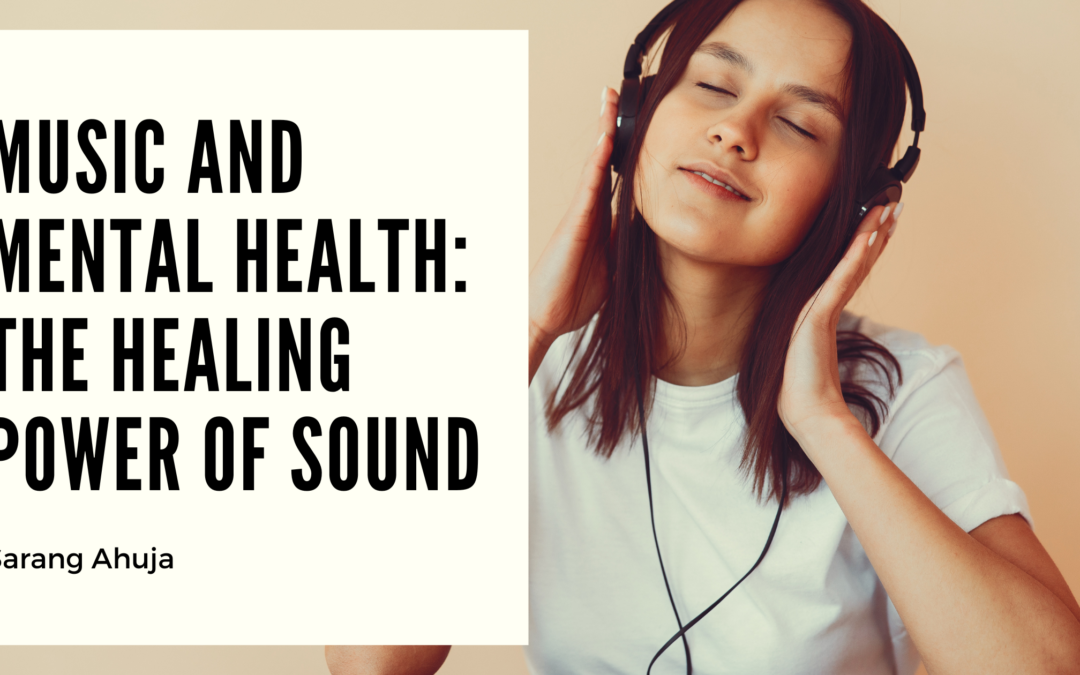Music has long been recognized as a universal language, capable of evoking powerful emotions and connecting people across cultures and time periods. But beyond its entertainment value, music plays a significant role in mental health and healing. Whether it’s listening to soothing melodies to unwind after a stressful day or using music as a therapeutic tool to process emotions, the relationship between sound and mental well-being is profound and scientifically supported.
One of the primary ways music impacts mental health is through its ability to regulate emotions. Studies have shown that listening to music can stimulate the brain’s production of dopamine, a neurotransmitter linked to feelings of pleasure and reward. This release of dopamine can uplift mood, reduce stress, and even alleviate symptoms of depression. Calming genres, such as classical or ambient music, are often recommended for relaxation, as they have been shown to lower cortisol levels—the body’s primary stress hormone. These physiological responses demonstrate how deeply sound can influence mental states, promoting a sense of peace and well-being.
Music therapy, a clinical and evidence-based practice, has been increasingly adopted as a form of treatment for individuals facing mental health challenges. This therapeutic approach uses music interventions—such as singing, songwriting, or guided listening—to help individuals express themselves and process difficult emotions. Music therapy has proven effective in addressing conditions like anxiety, depression, and post-traumatic stress disorder (PTSD). For individuals who may struggle to articulate their feelings verbally, music provides a nonverbal outlet, allowing them to tap into their emotions and foster self-awareness.
Additionally, music can have a profound effect on neurological functioning, particularly for those with neurodegenerative diseases like Alzheimer’s or dementia. Listening to familiar music has been shown to stimulate memories, enhance cognitive function, and improve the quality of life for patients. This is because music engages multiple areas of the brain, from auditory processing to motor and emotional centers, making it a valuable tool in preserving cognitive functions and providing emotional comfort.
Music’s role in social connection also contributes to its mental health benefits. Participating in musical activities, such as attending concerts or joining community choirs, can foster a sense of belonging and reduce feelings of isolation. Shared musical experiences create bonds between people, offering a source of emotional support and collective joy. For many, music becomes a way to connect with others and combat loneliness, which is crucial for maintaining mental well-being.
In the age of mental health awareness, where individuals are increasingly seeking ways to manage their stress and emotions, music stands out as a powerful and accessible resource. Whether used in formal therapeutic settings or as part of a daily routine, its ability to soothe, uplift, and heal is undeniable. As research continues to explore the ways in which sound affects the mind and body, the healing power of music will only become more apparent, offering new opportunities for improving mental health across diverse populations.

